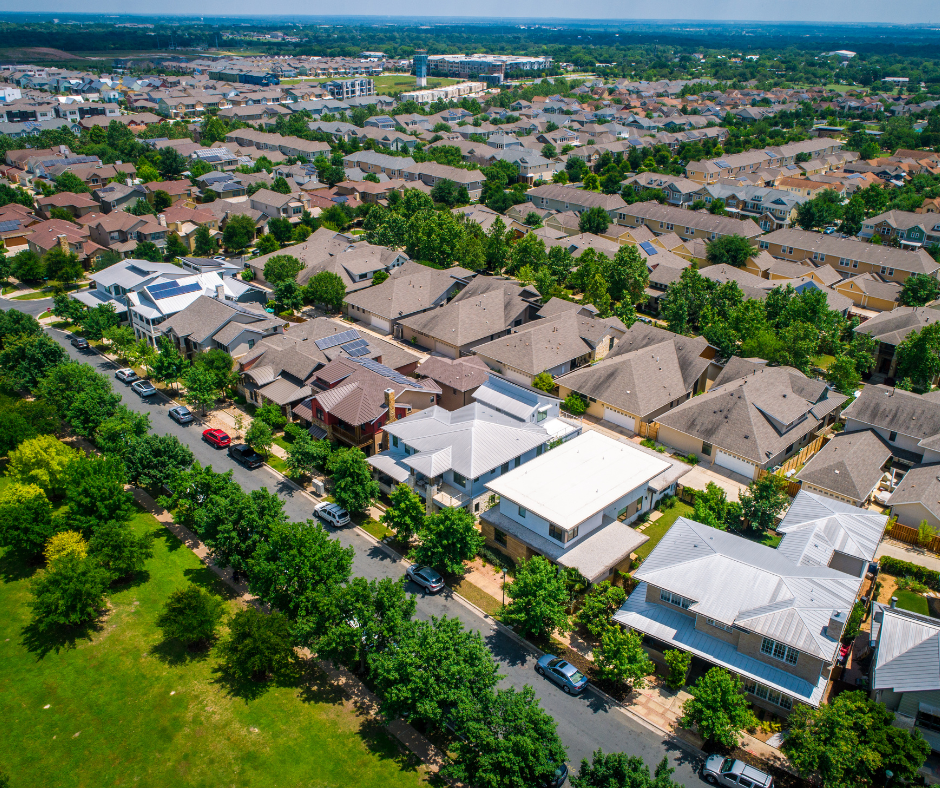
Australia’s property market has been off to a slow and steady start in 2024. Take a look at some of the latest facts and figures.
The latest numbers
Average property values slightly rose in February 2024, which is giving experts and economists an optimistic outlook for the rest of the year.
According to CoreLogic, every capital except for Hobart saw a rise in the Home Value Index (HVI) in February, with the nation’s overall HVI up by 0.6%.
Here is how the capitals performed last month:
• Sydney: +0.5 per cent
• Melbourne: +0.1 per cent
• Brisbane: +0.9 per cent
• Adelaide: +1.1 per cent
• Perth: +1.8 per cent
• Hobart: -0.3 per cent
• Darwin: +0.1 per cent
• Canberra: +0.7 per cent
Perth is continuing last year’s positive growth trend, with the most substantial value increase of any capital city in Australia during February.
Meanwhile, regional areas are holding strong on average, with combined performance seeing an increase of 0.6 per cent.
Year on year, figures look like this:
• Sydney +10.6% | Average value $1,128,155
• Melbourne +4.0% | Average value $778,941
• Brisbane +15.6% | Average value $805,593
• Adelaide +11.8% | Average value $727,142
• Perth +18.3%| Average value $687,004
• Hobart -0.6% | Average value $652,645
• Darwin -0.1% | Average value $499,834
• Canberra +1.6% | Average value $840,103
What is influencing the market?
Property prices are holding steady thanks to continued housing shortages and confidence about interest rates.
After Inflation hit record heights in 2022, the Reserve Bank of Australia (RBA) raised interest rates 13 times in 15 months in an effort to counter increasing prices. This has put a strain on household budgets and slowed buyer activity in comparison to previous years, but the lack of available homes for sale has meant that prices have not gone backwards.
In 2024, signs show inflation is slowing, which has promoted the RBA to pause interest rate hikes. Predictions are that the cash rate may begin to fall later in the year, which is making buyers more cautiously confident.
The rental crisis also continues to impact the real estate market. Rental prices are higher than ever, and the supply is low. This is driving many Australians to make a purchase as they fight to escape the unpredictable nature of renting by taking advantage of grants and buyer incentives.
It is time to sell?
While stock remains limited and building activity is low, selling is likely to deliver a positive result, however it comes down to your exact location, the amount of competition on the market and the prices in your area.
You will also need to think about where you plan to buy next and whether the outcome of your sale will give you the budget you need to make your ideal move. If, for example, you’re moving from a capital city like Sydney or Brisbane to a different city or regional area, you should find your sale outcome gives you plenty of options.
Market movements aside, the price you achieve will also depend on how well your house is presented and the numbers of buyers who notice your marketing campaign. With this in mind, reach out to your local Professionals agent to discuss a valuation and sales strategy.








